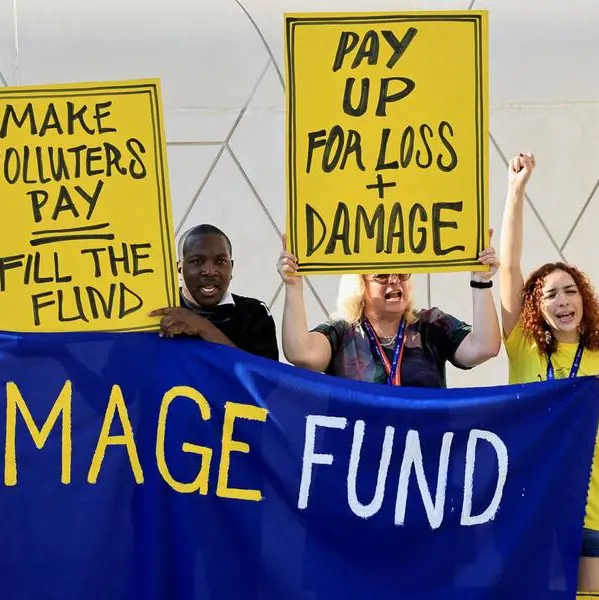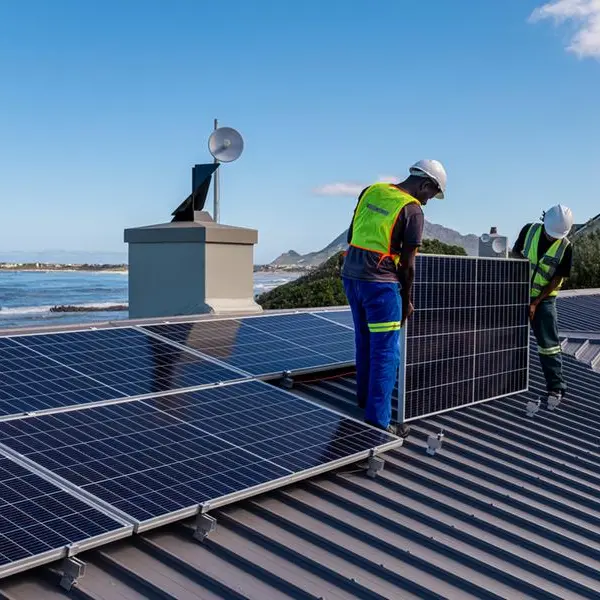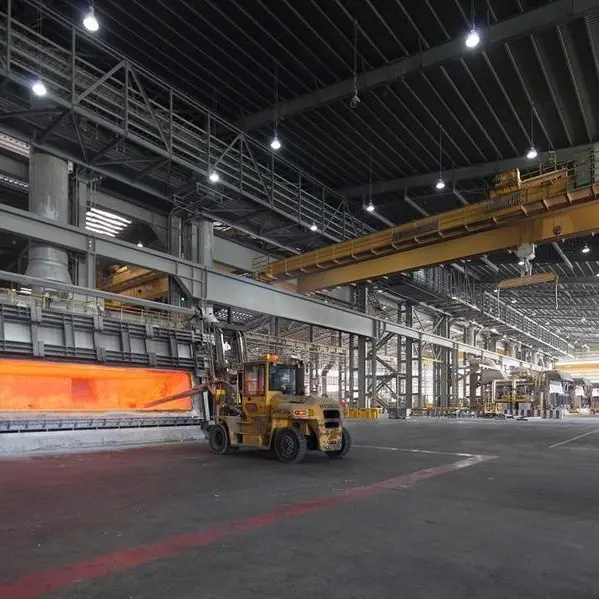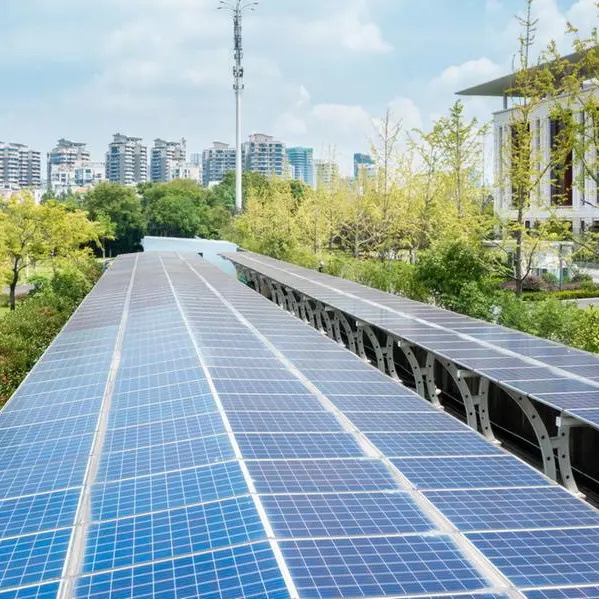PHOTO
BILBAO, Spain: Revenues from carbon taxes and Emissions Trading Systems (ETS) have reached a record high, about $95 billion, finds the World Bank’s annual “State and Trends of Carbon Pricing” report released today. This is despite the challenging context for governments facing high inflation, fiscal pressures, and energy crises.
“Carbon pricing can be an effective way to incorporate the costs of climate change into economic decision making, thereby incentivizing climate action.” said Jennifer Sara, Global Director for Climate Change at the World Bank. “The good news from this report is that even in difficult economic times, governments are prioritizing direct carbon pricing policies to reduce emissions. But to really drive change at the scale needed, we will need to see big advances both in terms of coverage and price.”
The World Bank has been tracking carbon markets for around two decades and the annual State and Trends of Carbon Pricing report is now in its tenth year. When the first report was published a decade ago, only 7% of global emissions were covered by either a carbon tax or an ETS. Today, as highlighted in the 2023 report, almost a quarter of global greenhouse gas emissions (23%) are now covered by 73 instruments.
An ETS places a limit on the amount of greenhouse gas emissions – it allows emitters with lower emissions to sell their extra emission units (or “allowances”) to higher emitters, thereby establishing a market price for emissions. A carbon tax, meanwhile, directly sets a price on carbon by defining a tax rate on emissions.
The report reiterates that carbon pricing is an important tool to raise revenue, direct international financial flows, and drive innovation. As part of a broader policy package, these policies can help deliver on broader sustainability and development goals. For instance, many of the World Bank’s core climate diagnostics, the Country Climate and Development Reports, highlight the potential for direct carbon pricing policies to support countries on their development journeys.
The “State and Trends of Carbon Pricing” report was launched at Innovate4Climate, the World Bank Group's flagship climate action event held this year in Bilbao, Spain, from May 23 to 25. Now in its seventh year, the I4C conference promotes a global dialogue between the public and private sectors, showcasing the opportunities and innovations for low-carbon, resilient development, and fostering exchange of knowledge to promote investments in transformative climate-smart solutions.





















